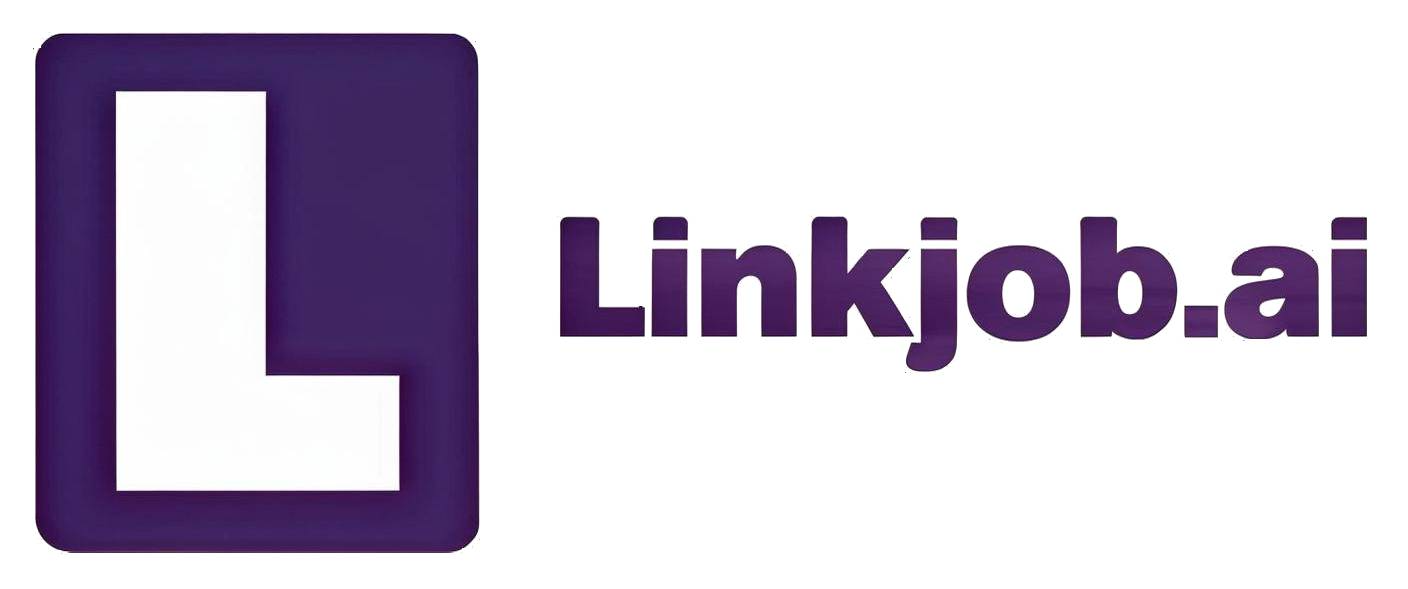My 2026 Dell Interview Experience: Process and Questions
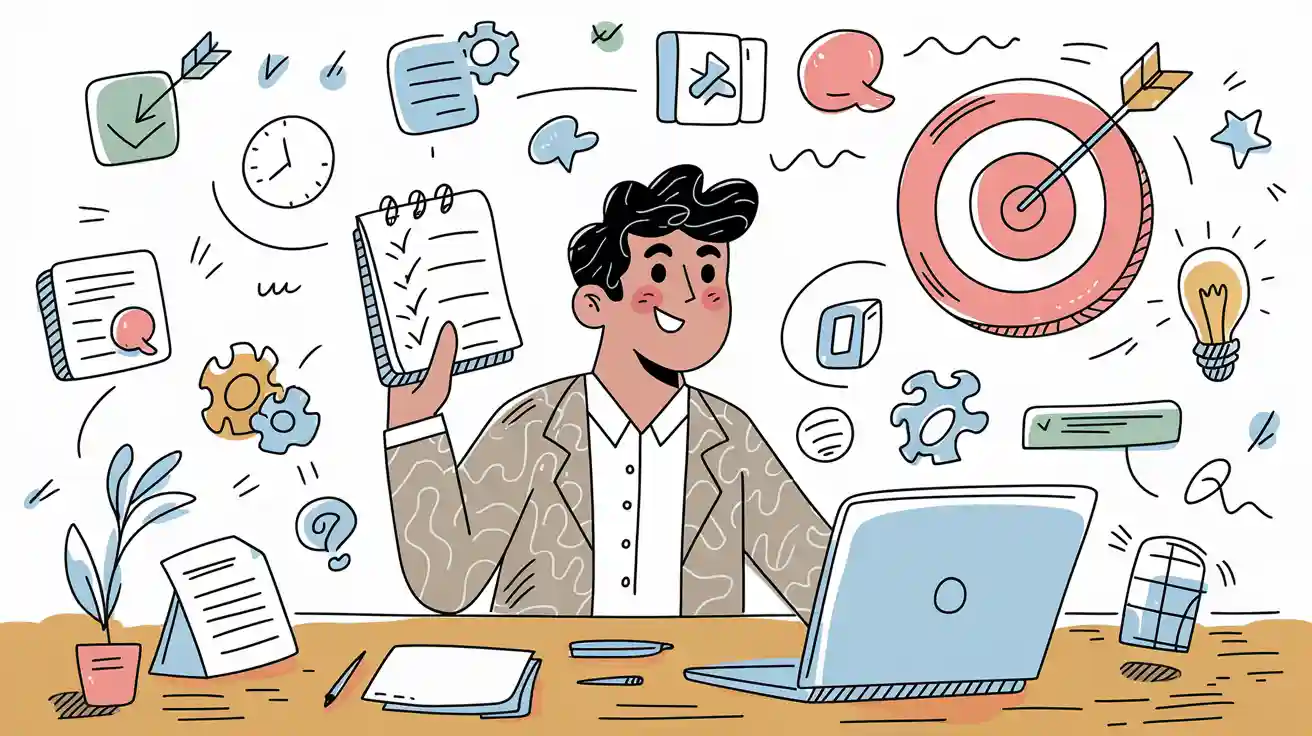
The 2026 Dell interview focused heavily on system design, data analytics, and behavioral teamwork cases. To be honest, many of the questions were more challenging than I anticipated, with interviewers diving deep into the technical details. I found myself stretched at times, especially when tackling questions that required deep critical thinking and specific real-world examples. Below, I’ve detailed my entire interview process along with the actual questions I encountered.
I’m really grateful to Linkjob.ai for helping me pass my interview, which is why I’m sharing my interview questions and experience here. Having an undetectable AI interview assistant to help answer the interviewer's questions indeed provides a significant edge.
Dell Technologies Interview Process
Overview of Rounds
Here is a breakdown of my interview process:
Round Number | Round Name | Description | Duration |
|---|---|---|---|
1 | Resume Shortlisting | Selection based on projects and skills rather than just CGPA. | 4-5 days wait |
2 | Online Assessment | Multiple-choice questions (MCQs) and two coding challenges. | 90 minutes |
3 | Technical Interview | Technical interview with the Tech Lead | 60 minutes |
4 | HM round | The session was heavily focused on behavioral questions | 30 minutes |
Dell Technologies Interview Questions
Dell Interview Online Assessment
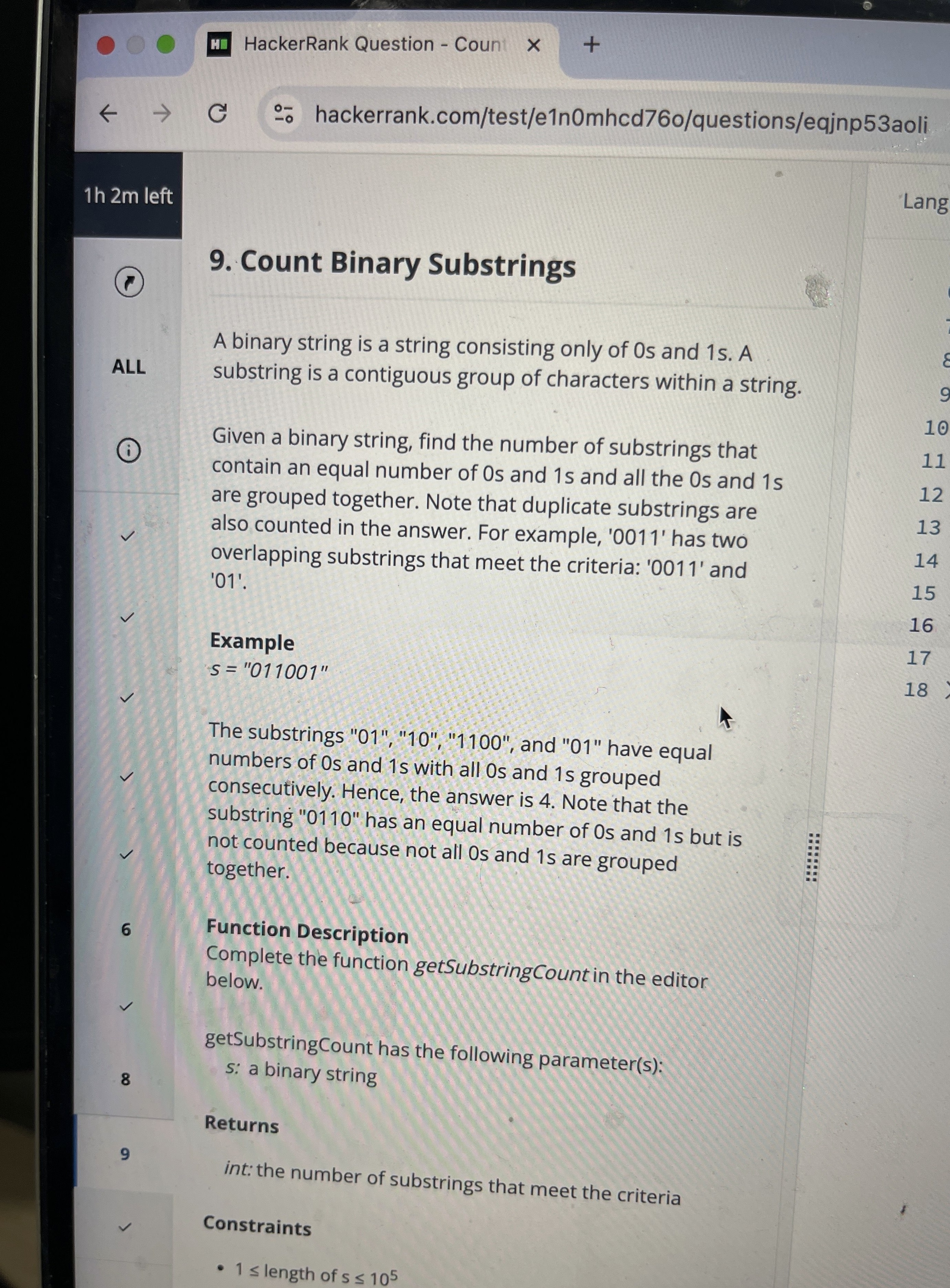
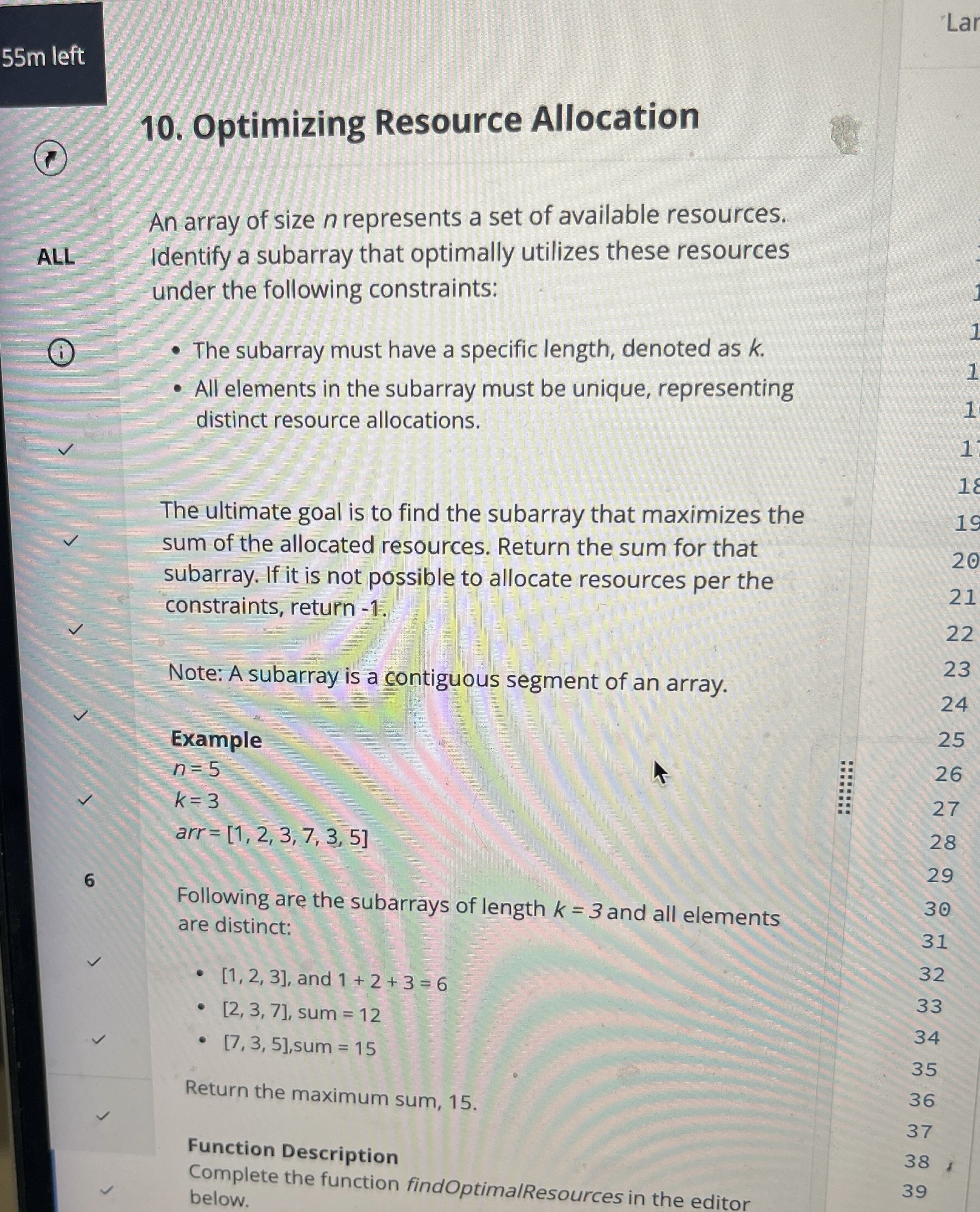
Dell Technical Interview
This round was with a Tech Lead. We covered a massive amount of ground in a short time.
We started with the bread and butter: C/C++ basics, and then dove into the implementation of performance monitors. Since the role is domain-specific, they grilled me on 5G/LTE knowledge, followed by the classic Docker vs. VM comparison. We also touched on concurrency, multi-threading, Git, and Linux basics.
Towards the end, the interviewer threw some BQs at me that were a bit tricky to navigate. They asked: "How do you handle intense pressure?" and the classic nightmare scenario—"What do you do if a teammate 'ghosts' you right before a tight deadline?" (That one definitely made me sweat a little). We wrapped up with about 5-10 minutes for Q&A.
As for the coding part, I got two questions:
Two Sum with an Input Stream: This was a twist on the classic, where the data size is potentially unlimited.
LeetCode 191 (Number of 1 Bits): I used bit masking to solve this one.
The Curveball Question: They also gave me a debugging scenario: "You have a massive function that's running extremely slow—how do you find the bottleneck and fix it?" This was more of a conversation about my thought process than a binary right/wrong answer.
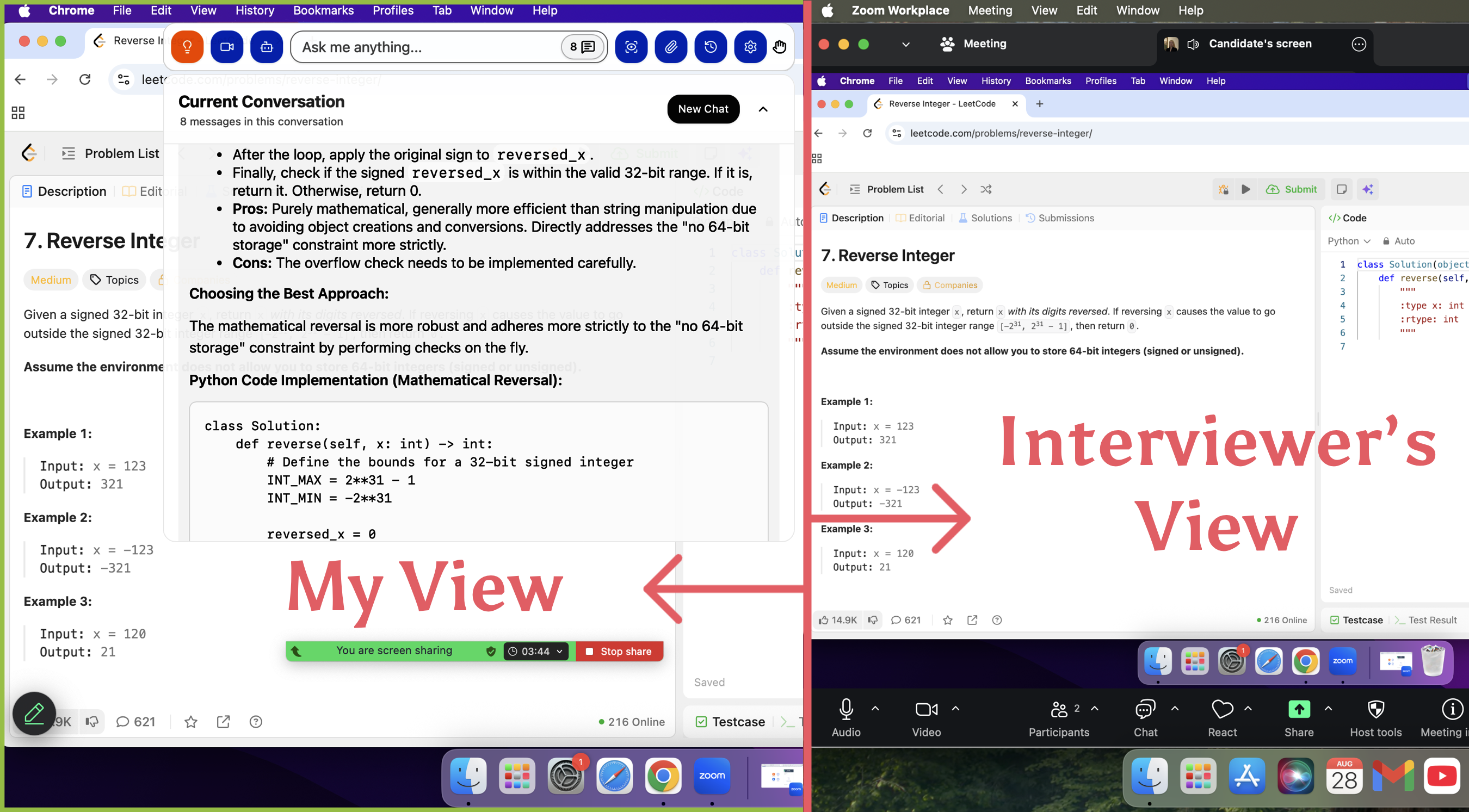
Linkjob AI worked great and I got through my interview without a hitch. It's undetectable, and the interviewer did not find that I used it.
HM Round
This round was chatting with the hiring manager about BQs, introducing school work, discussing my resume, and going over the job description. The BQs were all basic questions: self-introduction, teamwork examples, conflict with a teammate, and my most/least favorite courses. The last five minutes were for Q&A.
Dell Technologies Interview Overview
The interview at Dell felt challenging but fair. Here’s what I saw:
Algorithmic Problem-solving: Focuses on data structures, algorithms, logic puzzles, and mathematical problems to evaluate analytical thinking under time pressure.
Real-world Project-based Tests: Involves designing or debugging components of web applications or backend systems to demonstrate problem-solving in a business context.
Debugging and Code Analysis: Requires identifying bugs in code snippets, optimizing performance, or completing partial code to test attention to detail.
Domain-specific Coding: Covers SQL, data analytics, cloud computing, and machine learning basics to assess technical proficiency in Dell’s core tech stack.
Live Coding and Pair Programming: Involves real-time coding with a focus on articulating thought processes and collaborating with interviewers to solve complex problems.
Dell interview questions in the assessment test often mixed technical knowledge with real-world scenarios. I noticed that Dell focused a lot on data analytics and programming skills. They wanted to see if I could analyze raw data and pull out insights using code.
Here’s a quick table of the main assessment test formats and topics:
Test Format | Topics Covered |
|---|---|
Algorithmic Problem-solving | Data structures, algorithms, logic, math |
Project-based Coding | Frontend, backend, full-stack, DevOps |
Debugging & Code Analysis | Bug fixing, code optimization, refactoring |
Domain-specific Coding | SQL, data analytics, cloud, machine learning |
Live Coding/Pair Programming | Whiteboard coding, design challenges, debugging |
How I Prepared:
I reviewed core technical concepts like OOP, SQL, and data analytics.
I practiced coding problems daily, focusing on both speed and accuracy.
I used AI tools to simulate dell interview questions and get instant feedback.
I analyzed my mistakes and worked on weak areas.
I practiced explaining my solutions out loud, just like in a real interview.
Dell technologies interview questions in the assessment test can feel tough, but with the right practice, you can handle them. I found that mixing technical study with realistic mock interviews gave me the confidence I needed.
My Collected Dell Technical Interview Questions
Technical Interview Questions
Category | Sample Questions |
|---|---|
Data Structures & Algorithms | 0-1 Knapsack, Merge Sort, Reverse Linked List, Vertical Traversal of Binary Tree, Job Sequencing, Number Pattern |
Object-Oriented Programming (OOP) | Explain OOPS concepts, Implement Stack with Linked List, Design Patterns, UML Diagrams |
Operating Systems | Spooling, RAID types, Deadlock, Banker's Algorithm, Demand Paging, Cache, Concurrency |
Computer Networks | Proxy Server, SMTP protocol, Firewalls, VPN, IP Spoofing, NOS, Bluetooth vs Wi-Fi, Authentication vs Authorization |
I also got questions on SQL, cloud platforms like Azure, and data analytics. For senior software engineer interview questions, they asked about system design, high-level architecture, and how I would scale a service. Dell interview questions for experienced developers often focused on debugging, design, and leadership in technical projects.
Preparation Tips
I learned that deep study and smart practice are key for technical interviews. I started by reviewing object-oriented programming, OOPS concepts, and core technical skills like data structures, algorithms, and SQL. I practiced software developer interview questions and senior software engineer interview questions every day. I also worked on system design and cloud topics, especially Azure.
Here’s what helped me most:
I used Linkjob for mock interviews. The AI asked me dell technical interview questions and gave instant feedback.
I solved coding interview questions on arrays, linked lists, and trees. I also practiced debugging and dynamic programming.
I reviewed technical domains like Python, Java, DevOps, Docker, Kubernetes, and Git.
I stayed calm when I faced unfamiliar questions. If I made a mistake, I paused, thought it through, and explained my reasoning.
I focused on both technical skills and soft skills. Dell interview questions for experienced developers often test how you handle pressure and recover from mistakes.
My Collected Dell Behavioral Interview Questions
Common Behavioral Questions
When I reached the behavioral interview questions at Dell, I knew I had to show more than just technical skills. The interviewers wanted to see how I worked with others and handled tough situations. They asked me questions about teamwork, leadership, and conflict. These dell behavioral interview questions felt personal and sometimes tricky, but I learned to expect them.
Here are some of the most common behavioral interview questions I faced:
Tell me about a time you worked in a team to solve a problem.
Describe a situation where you had a conflict with a coworker. How did you handle it?
Give an example of when you took the lead on a project.
What is your biggest weakness, and how are you working to improve it?
How do you handle feedback or criticism?
Dell interviewers often focus on these behavioral areas:
Teamwork
Team management
Conflict resolution
I also noticed that team lead interview questions came up a lot, especially if you had any leadership experience on your resume. They wanted to know if you could guide a group, solve disagreements, and keep everyone moving forward.
Answering Strategies
I found that the STAR method made answering dell behavioral interview questions much easier. The Dell Technologies Software Engineer Interview Guide even recommends using STAR. This method helps you organize your answer by breaking it into four parts: Situation, Task, Action, and Result. When I used STAR, I could clearly show what happened, what I did, and what changed because of my actions. It helped me highlight my teamwork and problem-solving skills, which Dell values a lot.
Here’s how I used STAR for team lead interview questions:
Situation: Set the scene.
Task: Explain your responsibility.
Action: Describe what you did.
Result: Share what happened in the end.
My Collected Dell Interview Questions for HR Round
HR Questions
The HR round at Dell felt much more relaxed than the technical interviews. The interviewer wanted to get to know me as a person. I noticed that many dell interview questions in this round focused on my attitude, motivation, and how I handle different situations. Here are some of the most common questions I faced:
What did you do during the lockdown?
Can you tell me about your hobbies, like writing or sports?
What did you learn from the technical round?
Are you willing to relocate if selected?
How do you handle an angry client?
What do you know about the job profile?
Do you have any questions for us?
I learned that honesty and a positive mindset matter a lot here. The HR interviewer wanted to see if I could stay calm and friendly. I always answered with a smile and kept my answers short and clear. When they asked about my experience in the technical round, I shared what I learned and how I handled tough moments. For questions about hobbies, I talked about things I enjoy outside of work. This helped me show my personality.
Tip: Always ask at least one question at the end. It shows you are interested and engaged.
Offer and Negotiation
When I got to the offer stage, I felt both excited and nervous. Dell interview questions here focused on my salary expectations, joining date, and reasons for wanting to join Dell. I made sure to research average salaries for my role and location. I also prepared a list of questions about benefits, growth opportunities, and work culture.
Here’s a simple table of what I discussed during the offer and negotiation:
Topic | What I Asked or Shared |
|---|---|
Salary | Shared my expectations and did research |
Benefits | Asked about health and wellness plans |
Growth Opportunities | Asked about career paths at Dell |
Joining Date | Confirmed my availability |
Step-by-Step Success Strategy
Preparation Plan
When I started to prepare for a Dell interview, I realized that a solid plan made everything easier. Here’s how I broke down my interview preparation:
I learned about each stage of the Dell interview process. Knowing what to expect helped me stay calm.
I practiced mock interviews with friends and used Linkjob to get used to Dell’s question style.
I researched Dell’s values, products, and even my interviewers. This helped me tailor my answers.
I created a short pitch about why I was the right fit for Dell.
I practiced answering behavioral questions using the STAR method.
I worked on technical skills by solving coding problems and reviewing system design basics.
I prepared thoughtful questions to ask at the end of each interview.
I made sure my interview environment looked professional for video calls.
Final Checklist
Before each interview, I ran through this quick checklist:
Step | Done? |
|---|---|
Researched Dell and role | ✅ |
Practiced mock interviews | ✅ |
Reviewed technical concepts | ✅ |
Prepared STAR stories | ✅ |
Set up interview space | ✅ |
Prepared questions to ask | ✅ |
I followed these interview preparation tips every time. They helped me stay organized and ready for anything. If you prepare for a Dell interview with these steps, you’ll feel more confident and in control.
FAQ
What should I do if I get stuck on a technical question during the Dell interview?
I ask for clarification if needed. I also talk through my thought process. This shows the interviewer how I solve problems, even when I do not know the answer right away.
How can I practice Dell interview questions more effectively?
I use mock interviews and tools like Linkjob. Practicing with real interview questions helps me get comfortable. I also review my answers and learn from my mistakes.
Is it okay to ask questions during the interview?
Yes! I always ask questions about the team, projects, or company culture. This shows I am interested and helps me learn more about Dell.
How do I stay calm during high-pressure interview rounds?
I remind myself to breathe and focus on one question at a time. I prepare well before the interview. Real-time support tools help me stay confident and organized.
See Also
How to Cheat HackerRank Tests With AI: My 2026 Update
How I Used AI to Pass the Interview on Microsoft Teams
My 2025 Dell HackerRank Experience and Questions I Got
2026 Update: My Stripe HackerRank Online Assessment Questions

